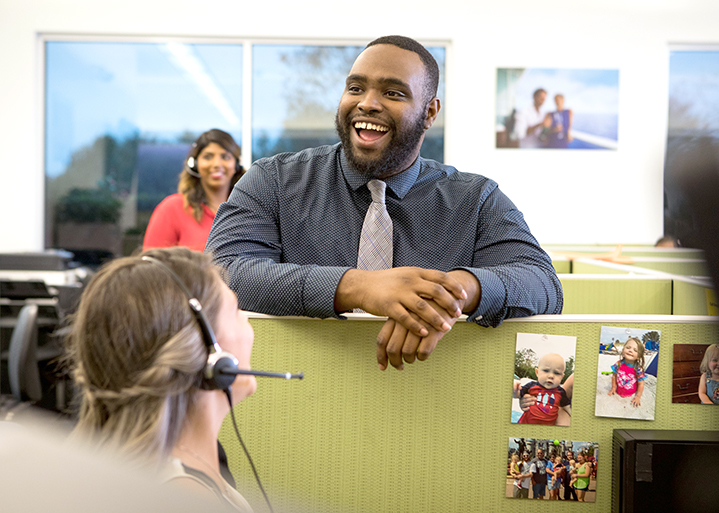The Bahá’í teachings, rooted in a profound commitment to the amelioration of societal structures, provide a framework for understanding peace in both its spiritual and material dimensions. In light of the escalating concerns surrounding assault weapons and the resultant societal repercussions, these teachings pose an imperative question: How can communities like Orlando pivot towards a robust, peaceful existence while grappling with the looming specter of violence? This query invites us to navigate the complexities of our current era—a yaw, if you will—where individual actions can either contribute to a culture of peace or provoke further discord.
At the core of Bahá’í philosophy lies the recognition of the oneness of humanity. This principle serves as an essential pivot upon which the teachings of peace revolve. It is imperative to acknowledge that the escalated use of assault weapons is not merely a symptom of individual recklessness but often highlights broader societal maladies—namely, the lack of unity, understanding, and compassion. Such weapons become silent adversaries in the struggle for harmony, perpetuating cycles of fear and animosity. The Bahá’í perspective urges us to transcend these divisions through collective solidarity.
Moving forward, the Bahá’í teachings articulate several dimensions of peace that can inform a community’s response to the challenges presented by assault weapons. The first dimension is the educational imperative—the necessity for widespread illumination regarding the impact of proliferation. Knowledge is quintessential in fostering understanding. By educating the public about the repercussions of violence and oppression, communities can empower individuals to engage in discourse, aiming for constructive resolutions instead of destructive confrontations.
Education, furthermore, is not merely about imparting facts; it entails cultivating an ethos of service, where every member of society is called to participate actively in building a peaceful community. Within the Bahá’í framework, service is not an optional act; it is an essential duty of every believer and community member. In this way, Orlando’s populace can initiate programs and initiatives that advocate for peacebuilding and conflict resolution, moving beyond the walls of schools and into the very fabric of society. This proactive engagement helps to dismantle the barriers that fear and mistrust erect, thus allowing a more harmonious existence.
In tandem with education, the Bahá’í teachings underscore the significance of justice and equity. A society that permits the unregulated access to assault weapons often does so at the expense of marginalized groups, laying bare systemic inequalities. Justice is not merely punitive; it requires a holistic approach that acknowledges the grievances and aspirations of all stakeholders. To approach the matter of assault weapons from a Bahá’í lens is to advocate for legislation and practices that prioritize the welfare of all individuals, especially those vulnerable to the dangers of armed violence.
This dichotomy of justice and peace invites us to evaluate the ethical dimensions of our choices as a community. How are we, as stewards of societal well-being, addressing the uneven distribution of power, both in political arenas and in local initiatives? The Bahá’í teachings prompt an introspection into our civic responsibilities, urging us to participate in solutions that foster stability, safety, and mutual regard.
The call for peace extends beyond educational and justice-based frameworks; it necessitates interfaith dialogue and collaboration. The Bahá’í teachings elucidate the importance of unity among diverse groups, positing that only through collective action can true peace be attained. This notion is particularly resonant in a multicultural city like Orlando, which thrives on its diversity. By fostering interfaith dialogues, the Bahá’í community can serve as a facilitator, bringing together various religious and cultural groups to discuss shared concerns about violence and exemplify how collaborative efforts can yield transformative results. Such interactions engender mutual respect and encourage a concerted push towards a common goal: the establishment of an environment where peace is cherished and violence is abhorred.
As we delve deeper into this exploration, let us contemplate a playful yet essential challenge: can our communities embody a ‘peaceable nation’ while navigating the tumultuous seas of modernity? The Bahá’í teachings assert that it is indeed possible. The concept of a peaceable nation hinges not only on the cessation of violent acts but also on cultivating a culture of love, understanding, and cooperation among individuals. The teachings advocate for a paradigm shift—where the conventional definitions of power, security, and safety are reconceptualized to align with the ideals of oneness and interdependence.
In conclusion, the Bahá’í teachings offer a comprehensive and multifaceted approach to the pressing issue of assault weapons and the quest for peace in Orlando. By embracing education, justice, interfaith collaboration, and a reimagining of community dynamics, individuals can collectively engender a new era—an era that stands firmly against violence while championing the sanctity of life and the importance of unity. The journey towards peace is undeniably complex, yet it is a voyage worth undertaking, one that holds the promise of a society where arms are silenced, and hearts are open to understanding. Indeed, such a reality beckons each of us to take part in this noble endeavor, collectively creating a future that resonates with Bahá’í principles and illuminates the path for generations to come.
